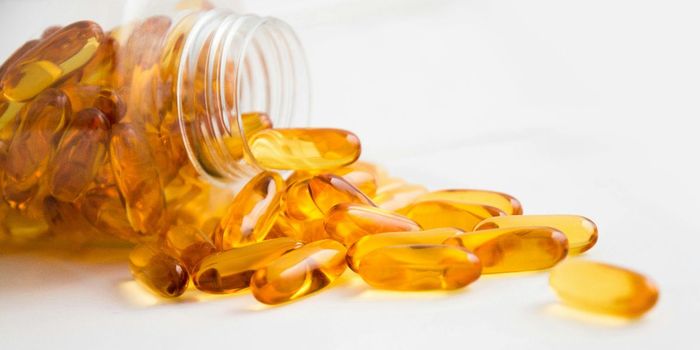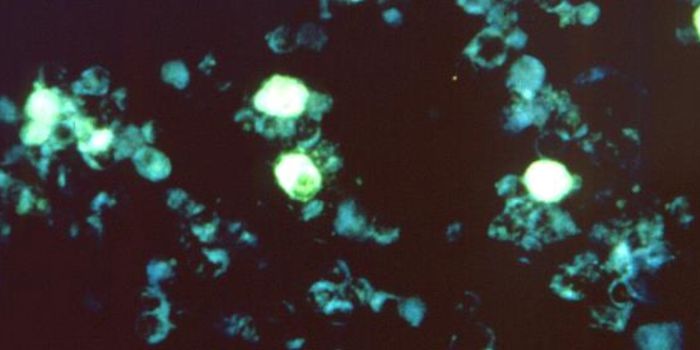Inhaling THC-Rich Cannabis Can Help Ulcerative Colitis
Ulcerative colitis is a painful chronic condition in which the lining of the colon becomes inflamed and develops tiny open ulcers. Anecdotally some people with ulcerative colitis find self-medicating with cannabis is helpful for the condition, so a new scientific study that tests the effect of inhaled cannabis on the condition in a controlled way provides timely insight.
The research by researchers at Tel Aviv University in Israel was published in the Plos One journal and tested high-THC cannabis use on ulcerative colitis in 32 people. Twice daily, participants inhaled cannabis cigarettes containing either 16 percent THC (80mg THC from dried cannabis flowers) or placebo (virtually no THC) in additional to their standard medications.
Although a small trial, the double-blind, randomized, placebo-controlled design ensured quality data would be produced.
The results confirmed that short term treatment with THC-rich cannabis helped, insomuch as it induced clinical remission and improved quality of life in patients with mild to moderately active ulcerative disease.
“From a clinical perspective, we found that treatment with cannabis led to a significant reduction in the Lichtiger Disease Activity Index and improvement in major IBD-related clinical symptoms including abdominal pain and number of bowel movements per day,” the researchers wrote. “We also observed a significant improvement in quality of life, general health, appetite, libido, concentration, and patient satisfaction with the treatment”.
However, when the researchers examined participants colons using endoscopy, both groups saw improvements. Though there was a trend for a greater reduction in inflammation in the active THC group, this was statistically non-significant. In addition, the researchers could not find significant pre- to post-intervention changes in laboratory markers of inflammation including blood count, CRP and fecal calprotectin within the cannabis and the placebo groups, nor in between groups analysis.
Regardless of the mechanism by which cannabis exerts its clinical effect, the endpoint of patient wellbeing, quality of life and daily functioning is of no lesser value than improvement in inflammation, the researchers said.
Longer studies are also needed to confirm if there signficant physical changes do occur in the colon alongside the symptom remission. “Such studies will enable us to determine whether cannabis has mainly a symptom relieving role or a more specific anti-inflammatory therapeutic effect,” the study concludes.
Sources: Plos One, NORML, High Times









